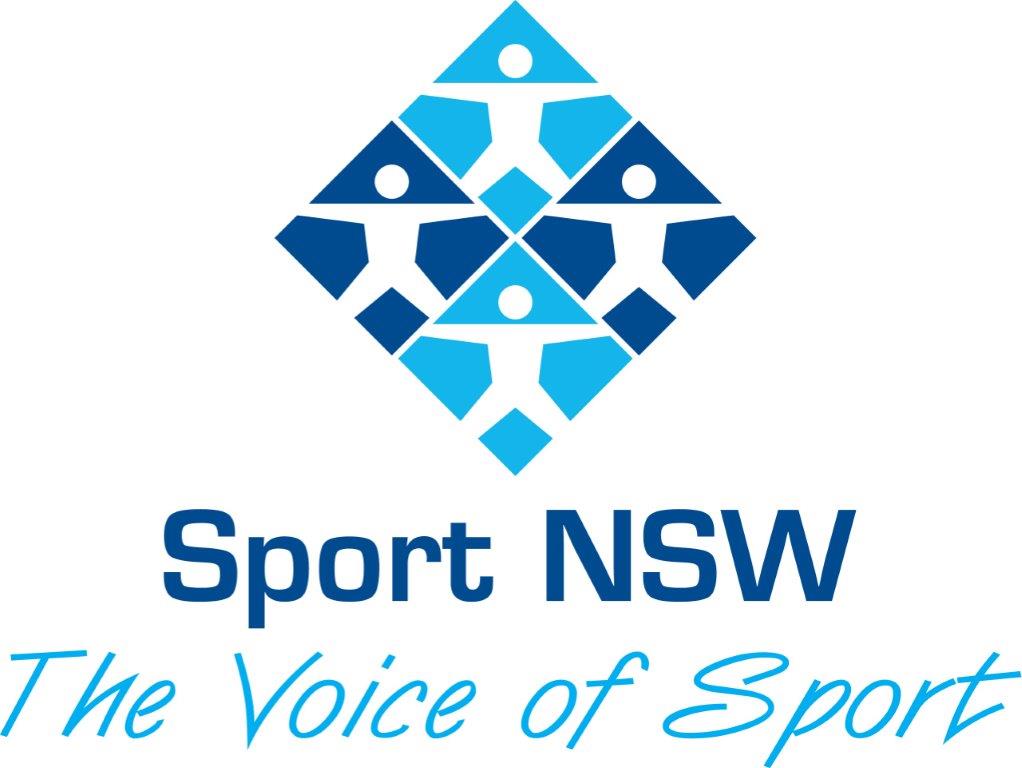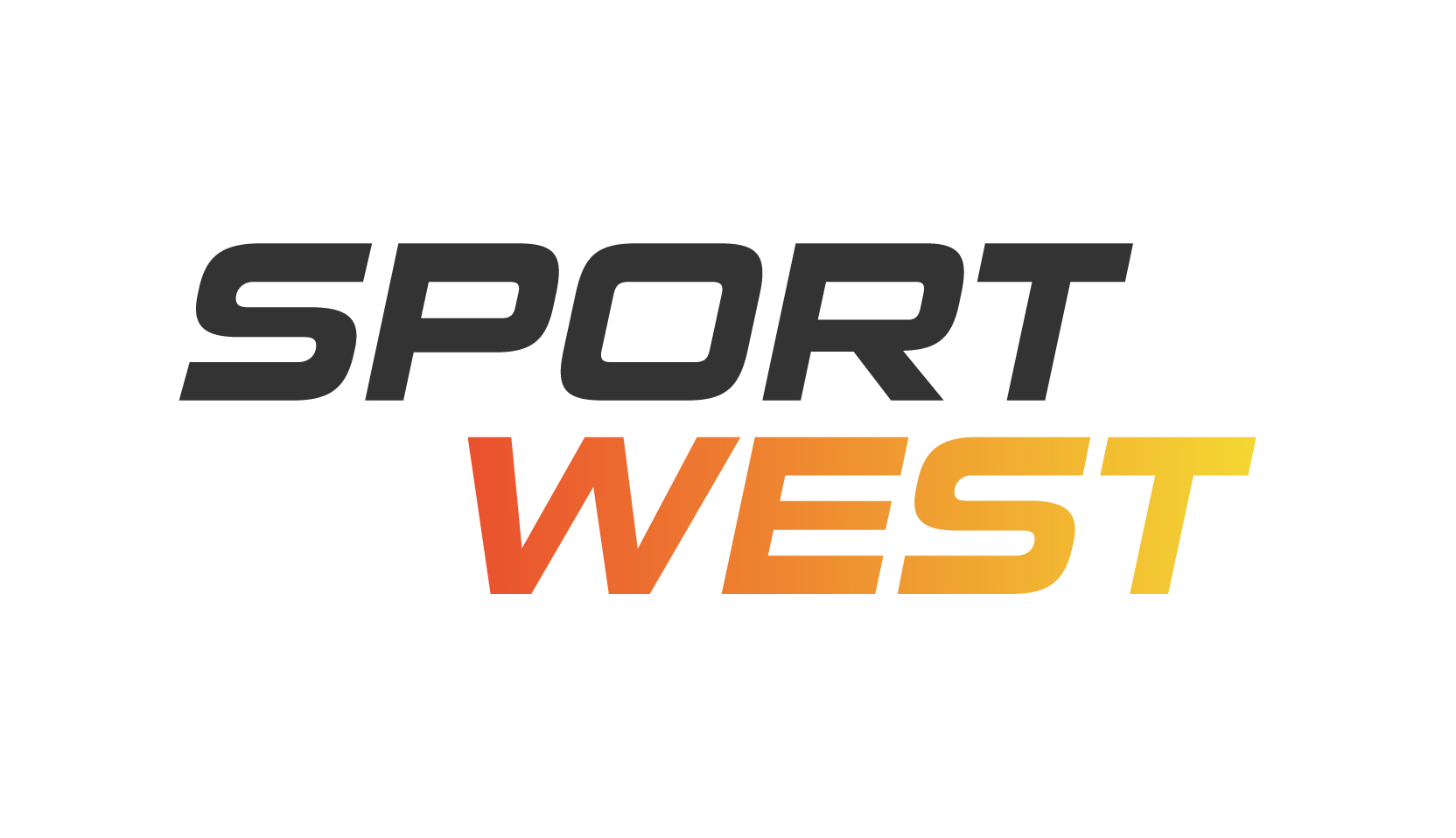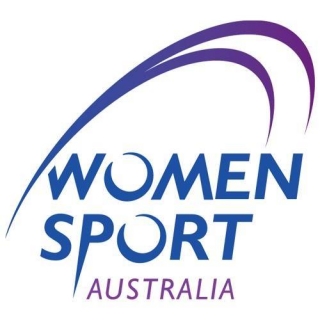In the past and as a representative of the sport sector I have attended the UTS Business School review of its specialist Management programs, including the undergraduate and post-graduate programs. Enhancing employment potential was identified as a key driver in the design and content of all courses, ensuring UTS can continue to develop graduates who can meet the current and future needs of industry.
As I presently sit on a number of similar External Advisory Committees/Panel for tertiary institutions where sport management is offered either at an undergraduate and/or post graduate level, it is always interesting to debate with academics the balance of “academic foundations” versus “practical, employment skills”.
Feedback from employers operating in the sport, fitness and aquatic sectors continually reinforce the need to better prepare graduates for the real challenges they’ll face in their early career.
The operating context of sport, fitness and aquatics is complex. The vast majority of these employers operate as small businesses, with a flat organisation structure and small management teams, often out of necessity due to budget constraints. It is typical in these small organisations for the employed staff to provide services across all the functional areas of the business, rather than being highly specialised. As an organisation becomes larger and possibly more commercialised, specialist staff become more common as does the clearer, functional departments within.
For some employers the engagement of a graduate is often an economic consideration, as they know the entry-level market is highly competitive and graduates come at a cheaper salary than say a more senior or experienced person. Most employers accept they have a responsibility to train and up-skill graduates and that is often the trade off for an entry-level salary.
Mindful the majority of graduates are often placed into generalist roles, those with broad experiences and “hard” office skills are appealing to employers. Skills such as MYOB, QuickBooks or other proprietary accounts software, Outlook, Excel, dB management or CRM systems experiences and so on, present employers with compelling reasons to interview in what is usually a homogenous group in terms of age, experiences and qualifications.
These “hard” office skills are not usually part of an undergraduate program and for most students they are self-taught or gained through a supplementary TAFE course at the student’s expense. Having courses that build these skills integrated within an undergraduate program would, in my opinion at least, certainly enhance the employment prospects of graduates.
RM – Sportspeople Recruitment
First Published 2017.





